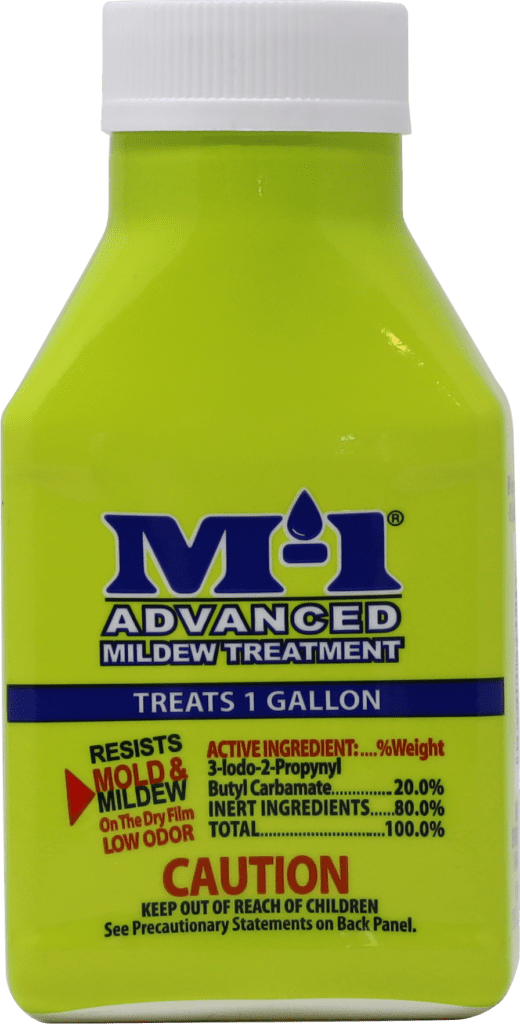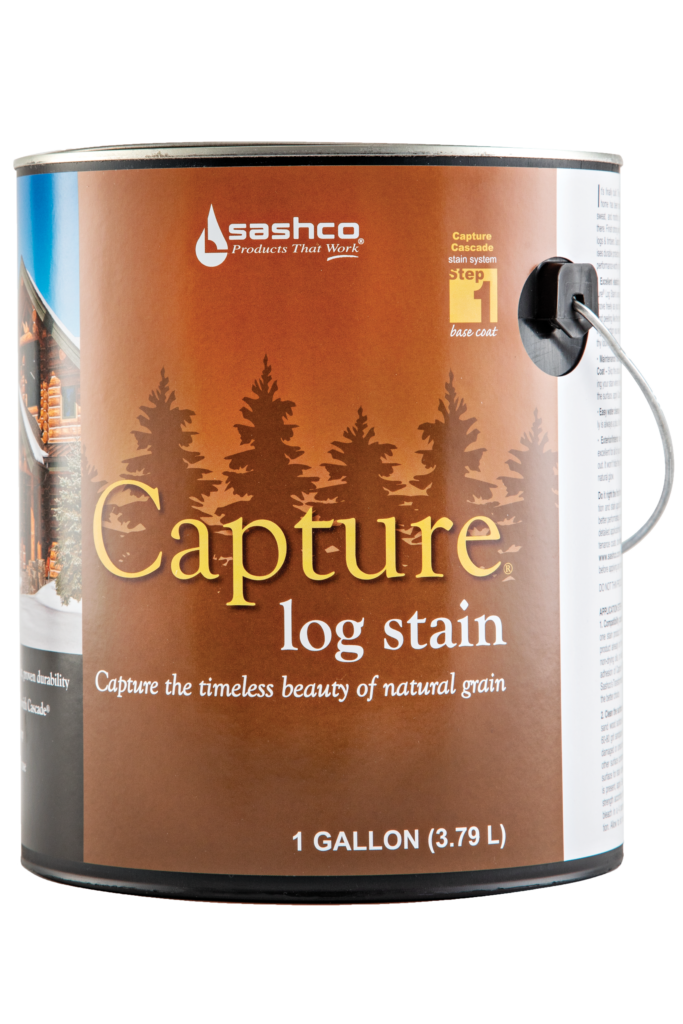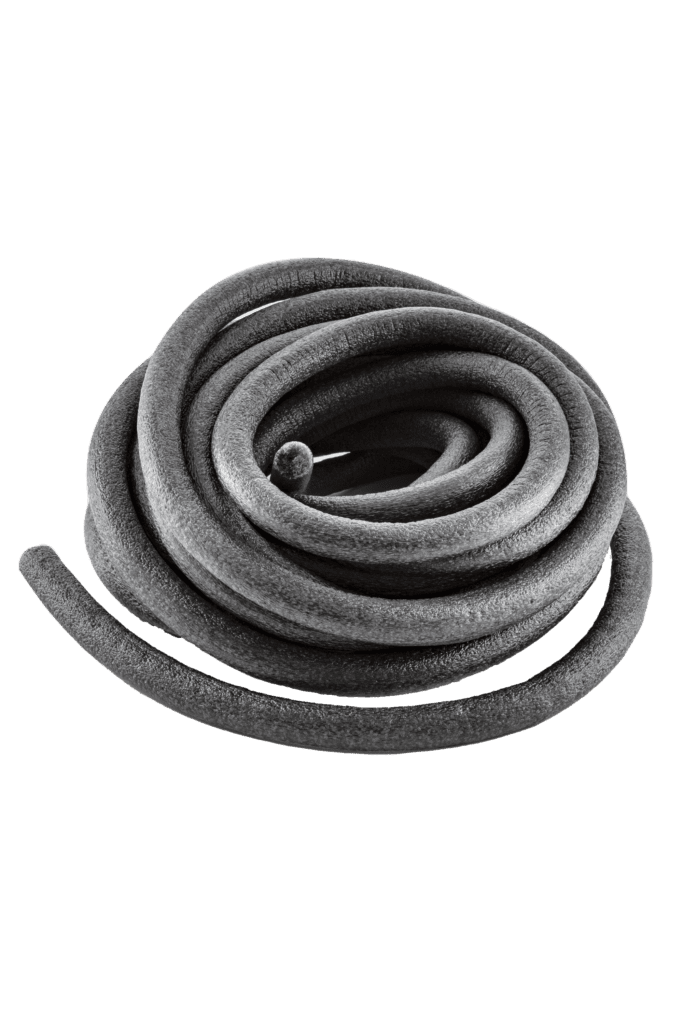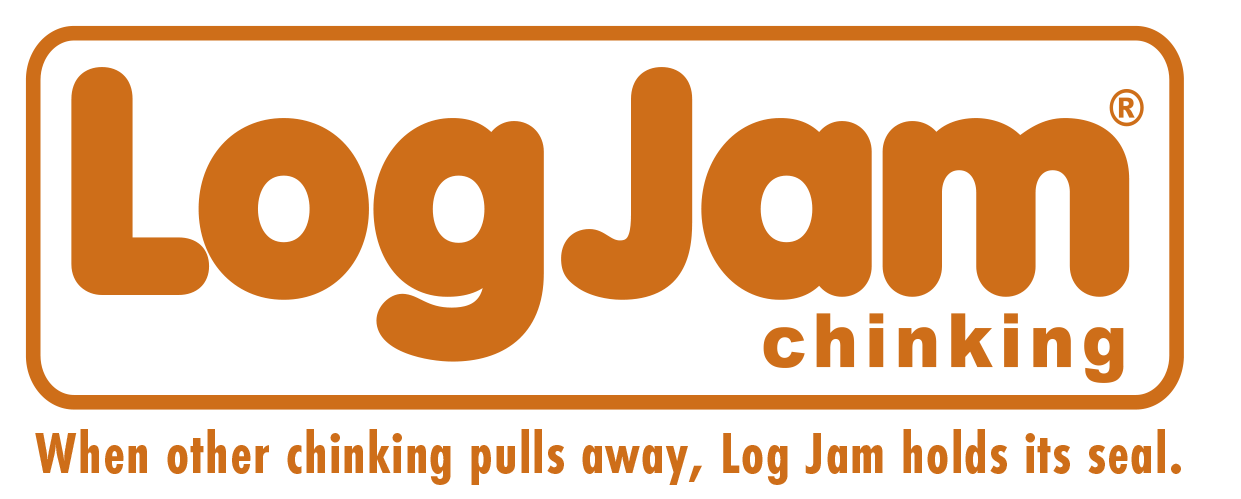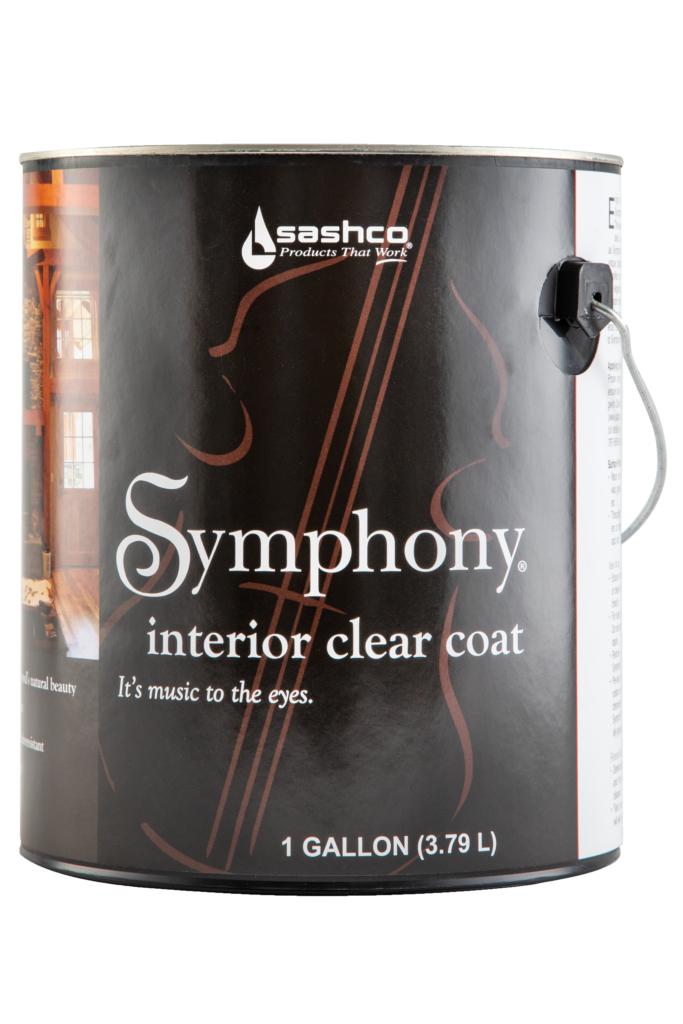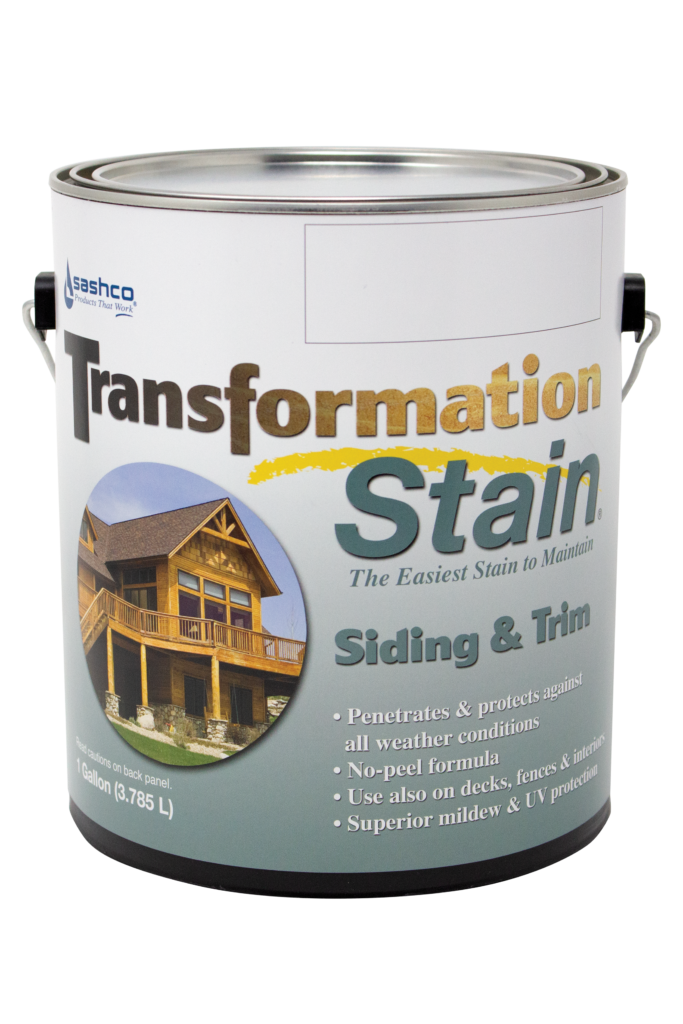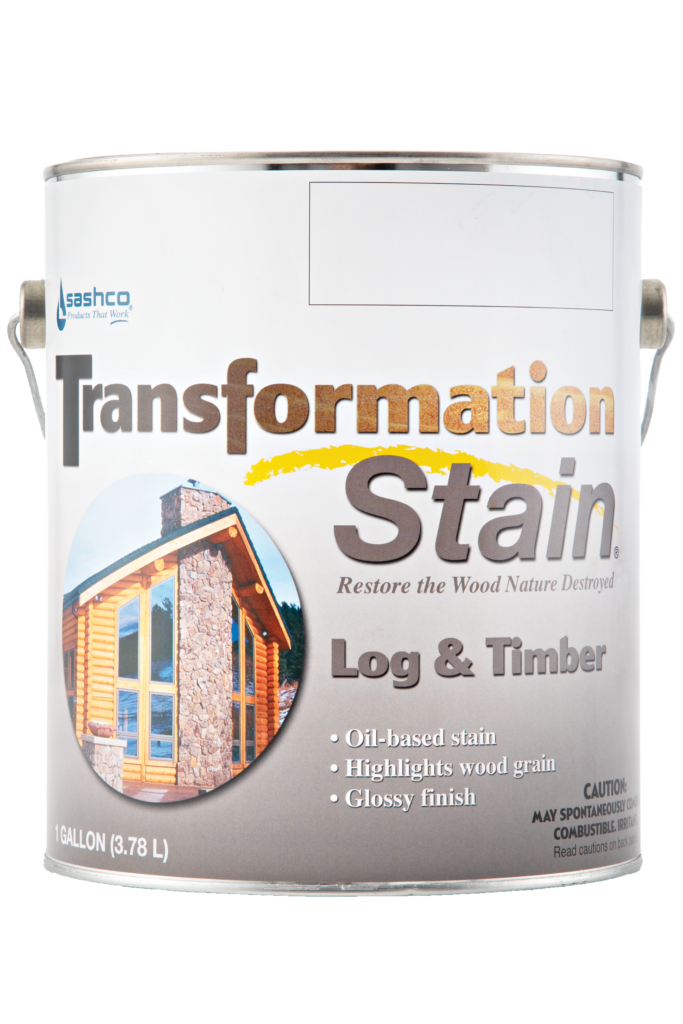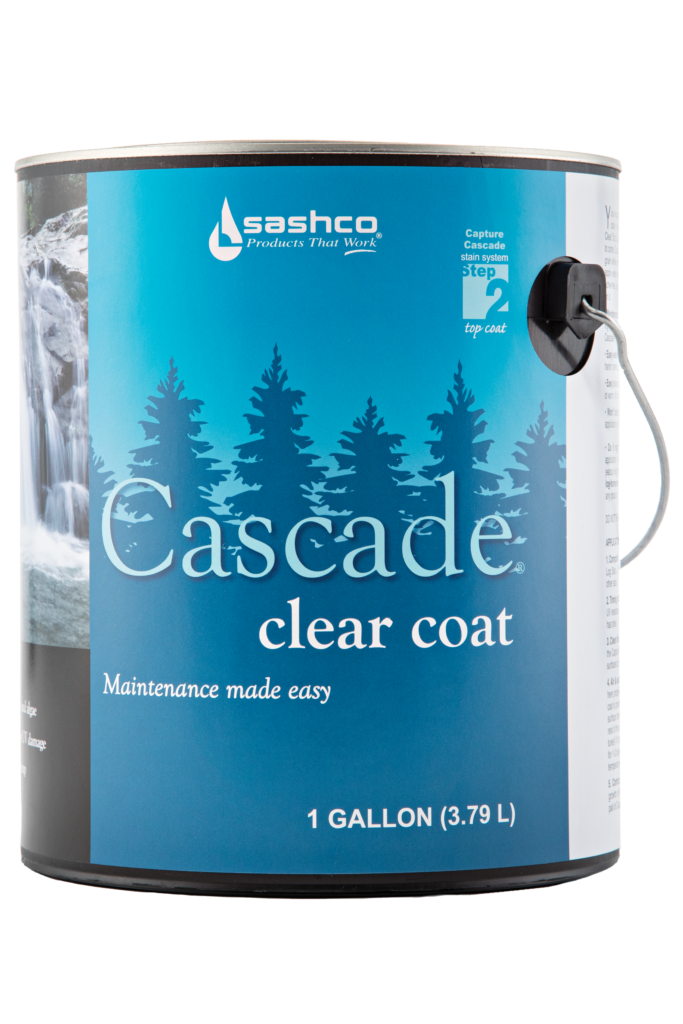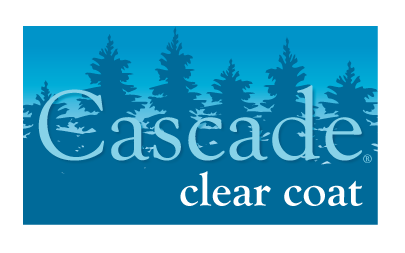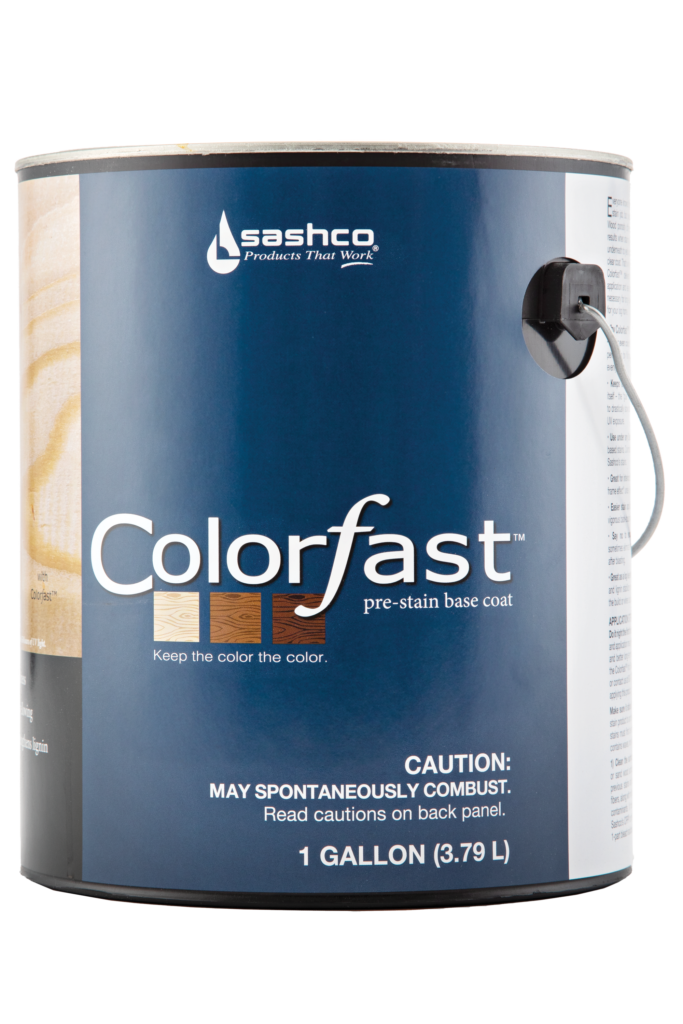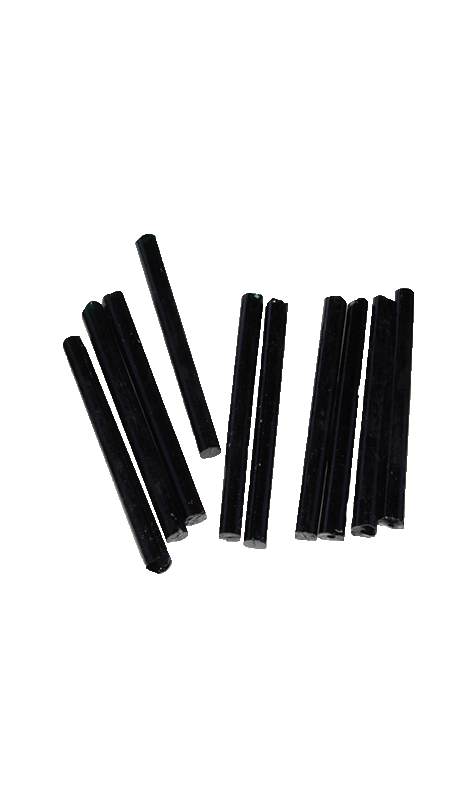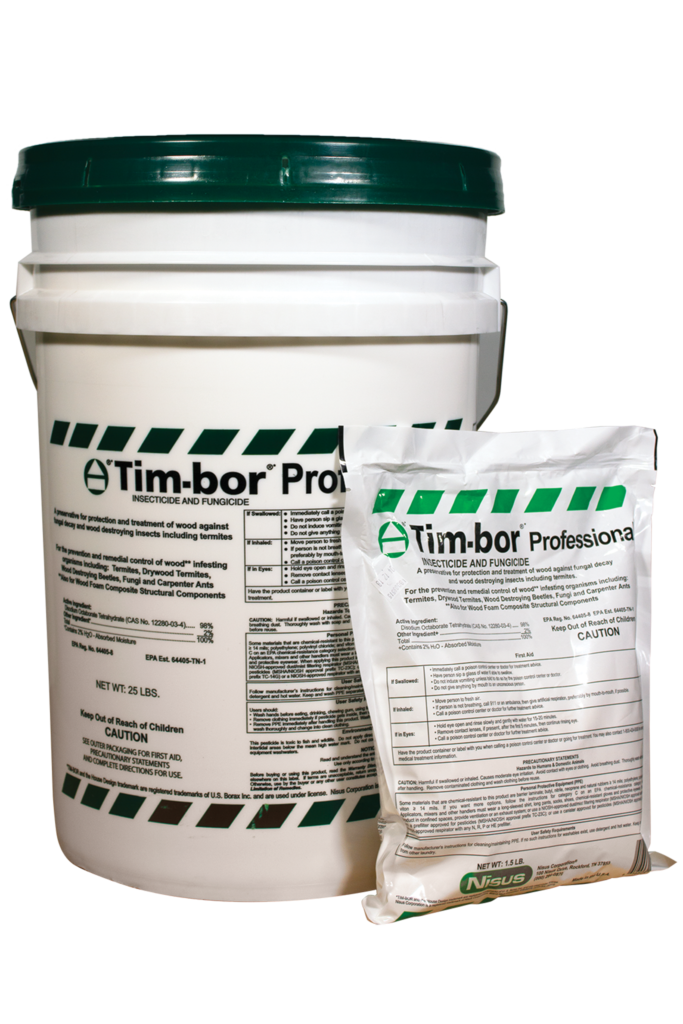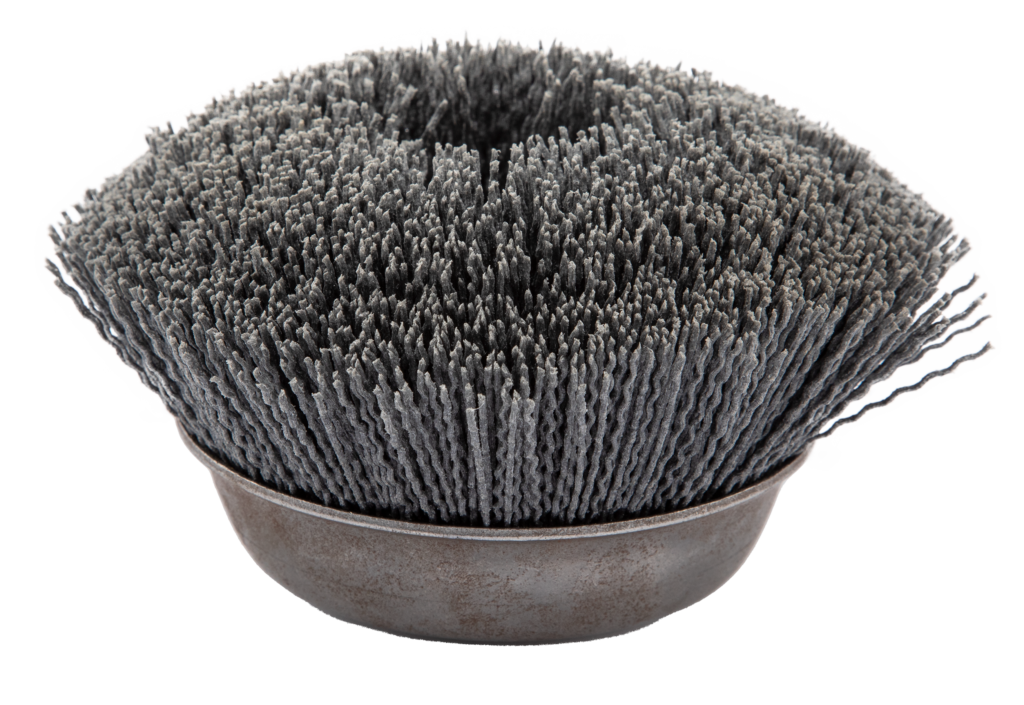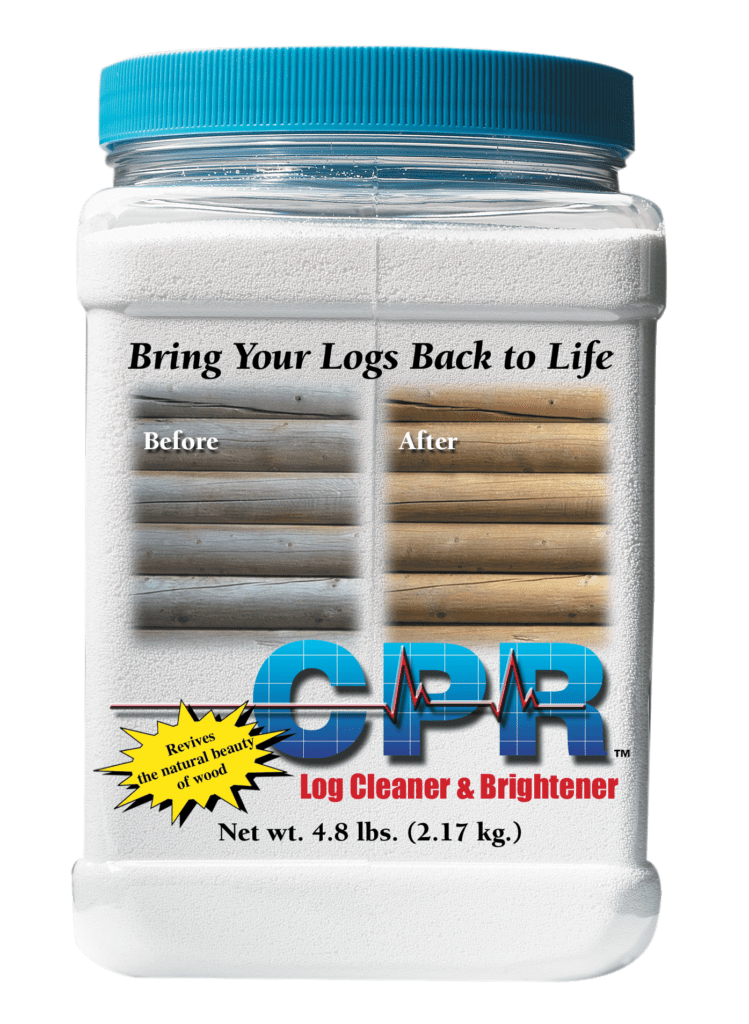How to Choose the Best Bathroom Caulk for a Remodel.
It takes one bathroom remodel to get overwhelmed with the task of finding a product that works. For the veritable army of caulk brands out there, it’s surprisingly hard to find a product that does the job of sealing gaps and joints around the tub and sink to keep out moisture and mold. Sometimes a caulk might look great when applied but cracks or breaks in a matter of months, requiring re-application.
So, before you head out to your supplier yet again for an upcoming bathroom job, here are a few categories to help you narrow your search to find a type of caulk that actually works.
Contractor Needs
The best caulk for bathroom application needs to meet the demands of your team and the expectations of your customer. Your team will need a caulk that applies well. To get the job done quickly and efficiently, they’ll need product that is manageable to apply and that easily produces an attractive, malleable bead. Prep and clean-up often take just as much (if not more) time than application, and a caulk that doesn’t require extensive surface preparation or a complicated smelly cleaner will go miles in making the overall job easier.
Customer Needs
For your customer, the caulk needs to look good and to age well. They’ll want a caulk that blends into its surroundings and looks neat and professionally applied. They also need a product that does its job to protect bathroom surfaces from moisture and from nasty visitors like mold and mildew, which means that it needs to be able to hold its seal over time and has to be impervious to mold and mildew growth. This not only preserves a homeowner’s bathroom but protects your reputation as a contractor as well.
Caulking failures and prevention
No matter how well it’s applied, inferior caulk can fail in a variety of ways. When on the lookout for a reliable product, it’s important to be aware of how the caulk maintains flexibility, adheres to other surfaces, and responds to bathroom invaders like mold and mildew.
Flexibility & Elasticity
One of the most common failures of bad caulk is that it will harden over time. Bathroom surfaces and fixtures experience constant changes in pressure from weight distribution while using the tub and as the structure of the house shifts and settles over time. If the cured caulk is too inflexible to handle these changes, it will crack, breaking the seal and allowing moisture to accumulate behind the sink and tile into the floor and the walls. It is so important to look for a caulk that goes beyond flexibility and elasticity, these are just the basic needs when it comes to a caulking product.
To see the difference between flexibility and elasticity, look at a piece of paper and a rubber band. Both are flexible, meaning they bend. The rubber band is elastic, meaning it stretches and returns back to it’s original size.
Adhesion
Caulk needs to be engineered to adhere to materials most often used in bathroom construction. If the caulk can’t form an incredibly strong, sticky bond with both sides of a gap or joint, the shift in pressure that causes breakage can also pull the caulk away from a surface, breaking the seal.
Mold & Mildew Prevention
The final most common problem in the bathroom is the growth of mold or mildew. When residues from body products accumulate on bathroom surfaces, mold and mildew thrive and become threatening to homeowners’ health and to the bathroom itself. We’ve heard horror stories of mold growing behind caulk or even inside it, and the frustration that customers experience when they have to clean it off again–and then again. If left untreated, this mold can spread behind the shower and tile into the wall, leading to much more serious problems that can go undetected for years.
Acrylic-latex vs. silicone caulk
When it comes to choosing caulk, you’ll often decide between using silicone and acrylic-latex products. Silicone caulk is well-known for its strength and elasticity, but it can be treacherous to apply. It’s notoriously bad at sticking to itself, which means that if your customer needs a repair, your team will have to remove the old product with a chemical solvent and wait for the area to dry before re-sealing.
Acrylic-latex caulk adheres excellently to itself and to both porous and non-porous materials. It’s also less viscous, which is a fancy way of saying that it’s easier to gun out; it’s more manageable to control and to produce an attractive bead. Because acrylic-latex caulk is water-based, all it needs for clean-up is warm water and a rag, which saves you from using smelly, high-VOC chemicals in your client’s home.
Finding a quality acrylic-latex caulk
Acrylic-latex caulks include plasticizers, chemical agents that improve flexibility in the caulk after it cures. In many caulks, these plasticizers leach out over time, and the caulk becomes hardened and resistant to stretch. This will either cause cracking or will break the seal and render the caulk useless.
These sub-quality caulks will require reapplication over the years, costing your customer satisfaction and time. When you can find a high-performance acrylic caulk that maintains long-term elasticity, you’ll have a product that is both durable and easy-to-apply: the best of both worlds.
CleanSeal: durability and active enzyme technology
CleanSeal® is our high-performance caulk created to challenge the issues that come with bathroom installation. This caulk combines the excellent adhesion properties of acrylic-latex technologies with long-term elasticity (no short-term plasticizers!), which results in a watertight seal that withstands the natural shrinkage and expansion of gaps and joints throughout the bathroom.
To make CleanSeal even more effective (and cutting edge), we infused it with an active enzyme that actually digests those oils from shower products that mold and mildew love so much. This doesn’t just slow their growth; it prevents it right from the start. This new technology is the first to market in caulking, and unlike mildewcides that leach out over time and wash down the drain, our active enzymes remain permanent in the caulking, keeping the seal mold-free throughout the life of the product.
CleanSeal application options
CleanSeal is available both in a cartrdige for traditional application with a caulk gun and in a squeeze tube for tight corners and spaces where precision is important.
This helps avoid additional clean-up and speeds up the process for the team. Plus, the squeeze tubes are easy to keep in your pocket or toolbox. All in all, it’s an effective, easy-to-clean product that does the job that you need it to.
Finding the best caulk for the bathroom
Choosing the right bathroom caulk is an essential aspect of a high-performance caulk job. If you find a reliable brand that meets every need, you’ll be able to reassure your customers that the job was completed professionally and that it will last because you used the best possible product.
Having a high-performance product (we recommend CleanSeal, although we have to admit that we’re a little biased) gives you the confidence to set all fears of ‘caulking failures’ aside with crucial features including active enzyme technology, powerful adhesion, and superior elasticity. Most importantly, that caulk will do the job it was meant to do: ensuring happy customers who can enjoy a well-sealed, mold and mildew-free bathroom for years to come.
We love hearing feedback from experienced customers. Contact us to find out where to buy CleanSeal® near you, and let us know what you think!
